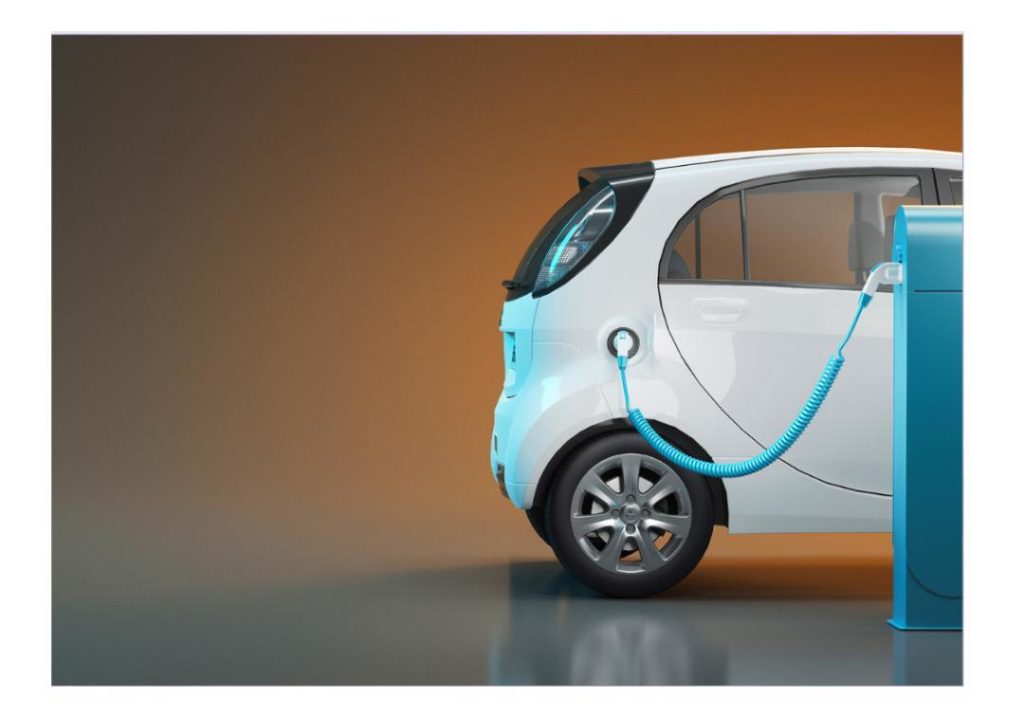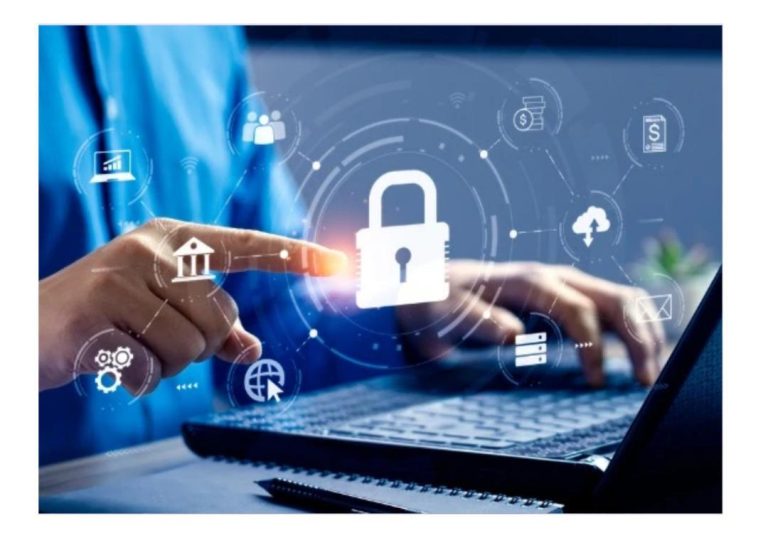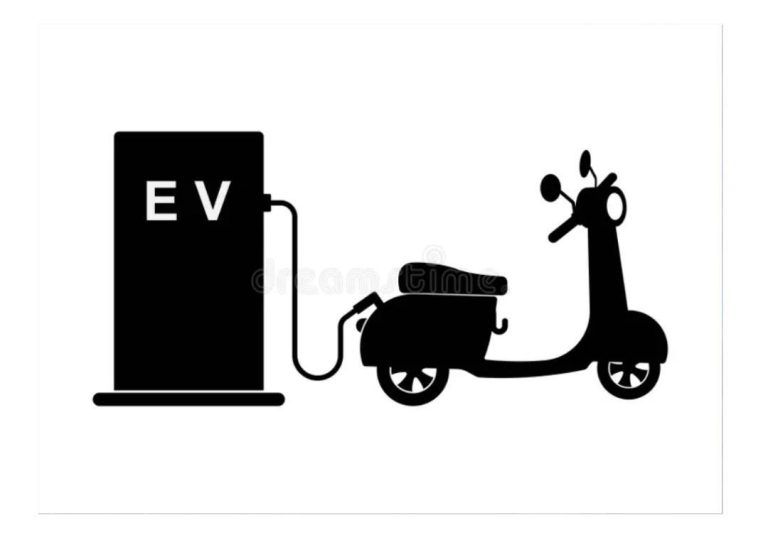
Will delivery fleets drive EV scale in India?
The Indian automotive industry has been witnessing a significant shift towards electric vehicles (EVs) in recent years. While the adoption of EVs in the B2C segment might be gradual, the logistics and delivery fleets are moving faster. This trend is driven by the cost savings and sustainability benefits that EVs offer to delivery giants. As the demand for EVs in fleets grows, it creates the ecosystem momentum that benefits personal users. This early commercial uptake also drives investment in charging infrastructure, accelerating readiness for mass adoption.
In India, the logistics and delivery sector is one of the largest users of vehicles on the road. With a large number of vehicles on the road, the sector is a significant contributor to air pollution and greenhouse gas emissions. The adoption of EVs in this sector can help reduce emissions and improve air quality. Additionally, EVs offer lower operating costs compared to traditional internal combustion engine vehicles, which can help delivery companies reduce their expenses.
The Indian government has also been promoting the adoption of EVs in the country. In 2019, the government announced a plan to have at least 30% of all new vehicle sales be electric by 2030. To support this goal, the government has been providing incentives to manufacturers and consumers to encourage the adoption of EVs.
Some of the major delivery companies in India are already adopting EVs. For example, Amazon India has announced plans to deploy over 10,000 EVs in its delivery fleet by 2025. Similarly, Flipkart, another major e-commerce company, has announced plans to deploy 25,000 EVs in its delivery fleet by 2025. These companies are adopting EVs to reduce their operating costs and improve their sustainability.
The adoption of EVs in the logistics and delivery sector is not limited to these major companies. Many smaller delivery companies are also adopting EVs to reduce their operating costs and improve their sustainability. According to a report by GrowthJockey, a leading mobility solutions provider, the adoption of EVs in the logistics and delivery sector is expected to grow rapidly in the coming years.
The growth of EV adoption in the logistics and delivery sector is also driving investment in charging infrastructure. As more companies adopt EVs, there is a growing need for charging infrastructure to support these vehicles. This is driving investment in charging infrastructure, which is expected to accelerate the adoption of EVs in the coming years.
In conclusion, the adoption of EVs in the logistics and delivery sector in India is a significant trend that is expected to drive the growth of the EV market in the country. The cost savings and sustainability benefits that EVs offer to delivery companies are driving adoption, and the growth of EV adoption is also driving investment in charging infrastructure. As the demand for EVs in fleets grows, it creates the ecosystem momentum that benefits personal users. This early commercial uptake also drives investment in charging infrastructure, accelerating readiness for mass adoption.
Source: https://www.growthjockey.com/blogs/the-future-of-mobility-in-india-is-here-and-it-is-electric






